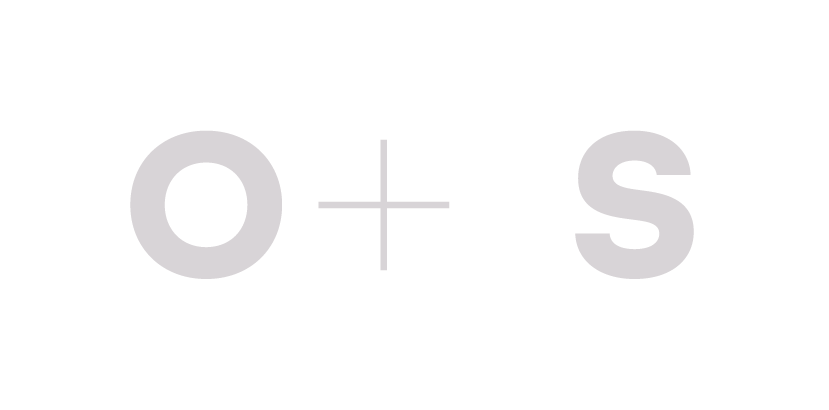Freshly washed sheets: Levelling up your design brief with sensory language
"When I really think about it, I'd like the brand to feel like freshly washed sheets. You know, that feeling when you sink into a bed that's been made with sheets that have hung out in the sun. Everything feels like it's going to be ok."
Speaking wth my new client, a specialist in holistic mediation of separating couples, she wore a casual dress and white sneakers. I mentally jotted her down as one of the top 5 coolest people I'd ever met, and remember the eye contact she offered me despite flawlessly executing her Mum obligations - handing single sultanas and Cheerios to her Son who sat in his pram beside her. She'd worked in the corporate world, but like me, was curious to explore a different way of getting results. Hearing her brief me on her new business venture, it was the moment that made me realise that I'd been missing out on a whole toolbox of words - the sensory ones. And, that I'd be a right design snob.
As she described the experience that she wanted to offer her clients in their time of grief and adjustment, I immediately thought back to a time where I'd buried my face in a fluffy throw rug after it had been in the dryer. I remembered the feeling of accomplishment when I'd managed to wash my sheets and crawl into a welcoming bed after a really stressful day, and the calm it brought amidst the chaos. In explaining her vision for the brand in sensory language that we could all relate to, the brief was now more clear than ever.
After this, the blinkers came off.
"If you cut me open, I'd bleed glitter", said one client, describing her personality.
"OK Trish, imagine Tech Noir is a Canberra law firm... Also, have you been watching GLOW? Cool... GO!”, said another, adding a caveat that references to Ferris Bueller's Day Off, her love of Canberra, and the ability to swear in front of the right clients must be considered in designing her brand look.
So if this sensory and relatable briefing method gets such instant results, why are we still bothering with phrases like "speaks to the values of the target audience through the use of multi-facetted branding techniques", not to mention "blue sky thinking", "circling back offline", and "pushing the envelope". Wait while I vomit.
Am I guilty of using these words? Absolutely. Have I played boardroom bingo with a few like-minded colleagues, crossing off words like "stakeholder engagement", all in the name of avoiding the next shout for coffee? You bet that we "brought that to the table". But since prioritising the power of sensory and relatable briefing language, I'm slowly moving these to my list of swear words. Like the D-word - "Deep-dive".
The Plain English Campaign conducted a survey, revealing that:
"many staff who work for big corporate organisations find themselves using management speak as a way of disguising the fact that they haven't done their job properly. Some people think that it is easy to bluff their way through by using long, impressive-sounding words and phrases, even if they don't know what they mean."
It's unfortunate that we dismiss the opportunity to describe a new brand as "the excitement that a new season of The Crown brings", and "the reassurance of a friend's 'of courrrrsssssse not!' answer offers when you ask if you embarrassed yourself at the work Christmas party".
After all, our clients aren't always creative people. Isn't the whole premise of them engaging an expert creative, that we take their scribbled, jumbled words and daydreams into a tangible and effective piece of communication? Wouldn't we prefer a metaphor or simile in the place of ambiguous, wanky, buzz words?
I agree with the Plain English take on the way that we're all clawing our way to the top of societal acceptance without looking dumb in a corporate environment, lest others (also attempting to keep their heads above the water) judge us.
But the sooner we all realise that we're all amazing fish swimmers, judging our own ability to climb the tree, the sooner we can agree that briefing using relatable language is the best thing for the "Event Horizon", and the quickest and most effective way of helping designers and creatives buy into the brand vision.


